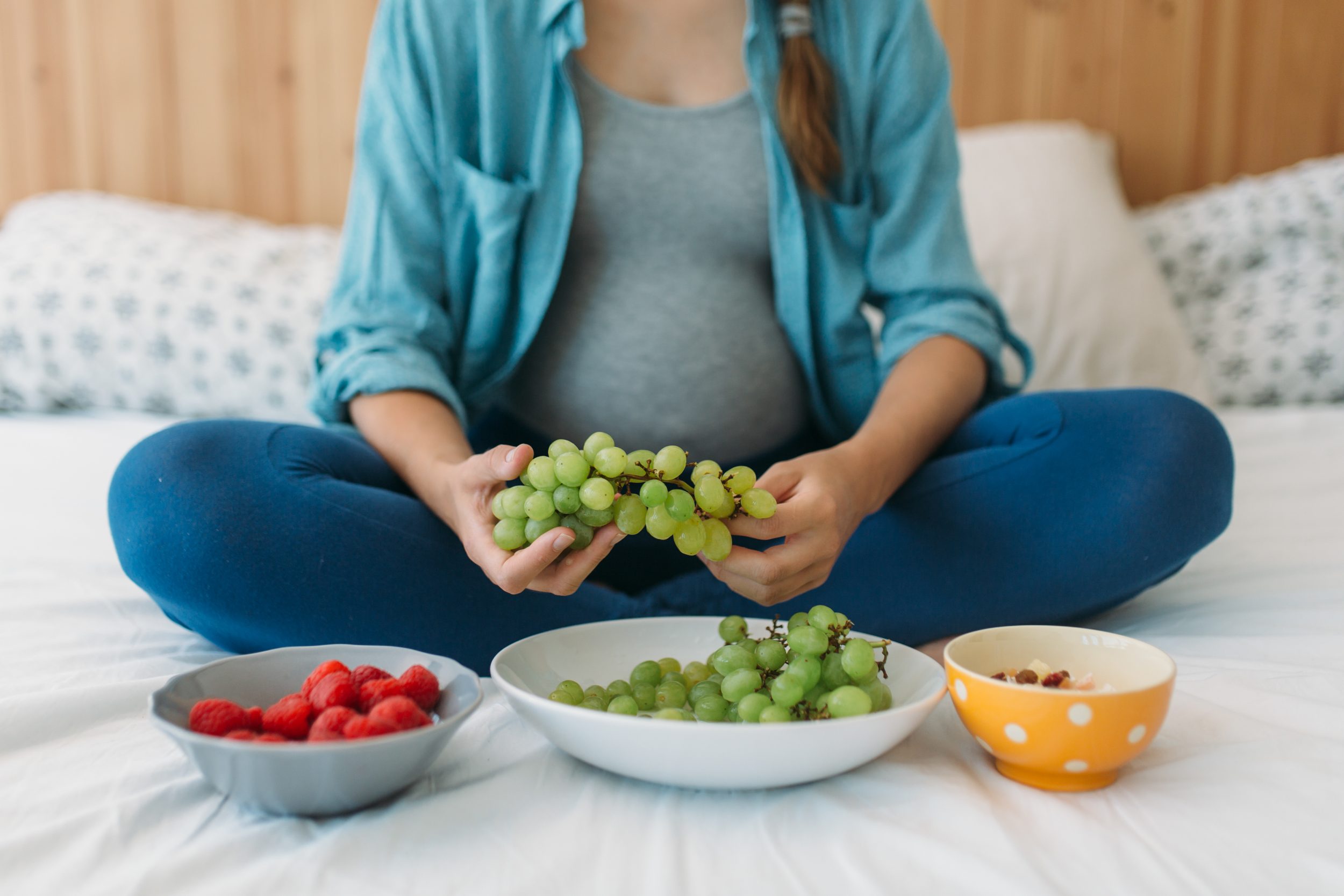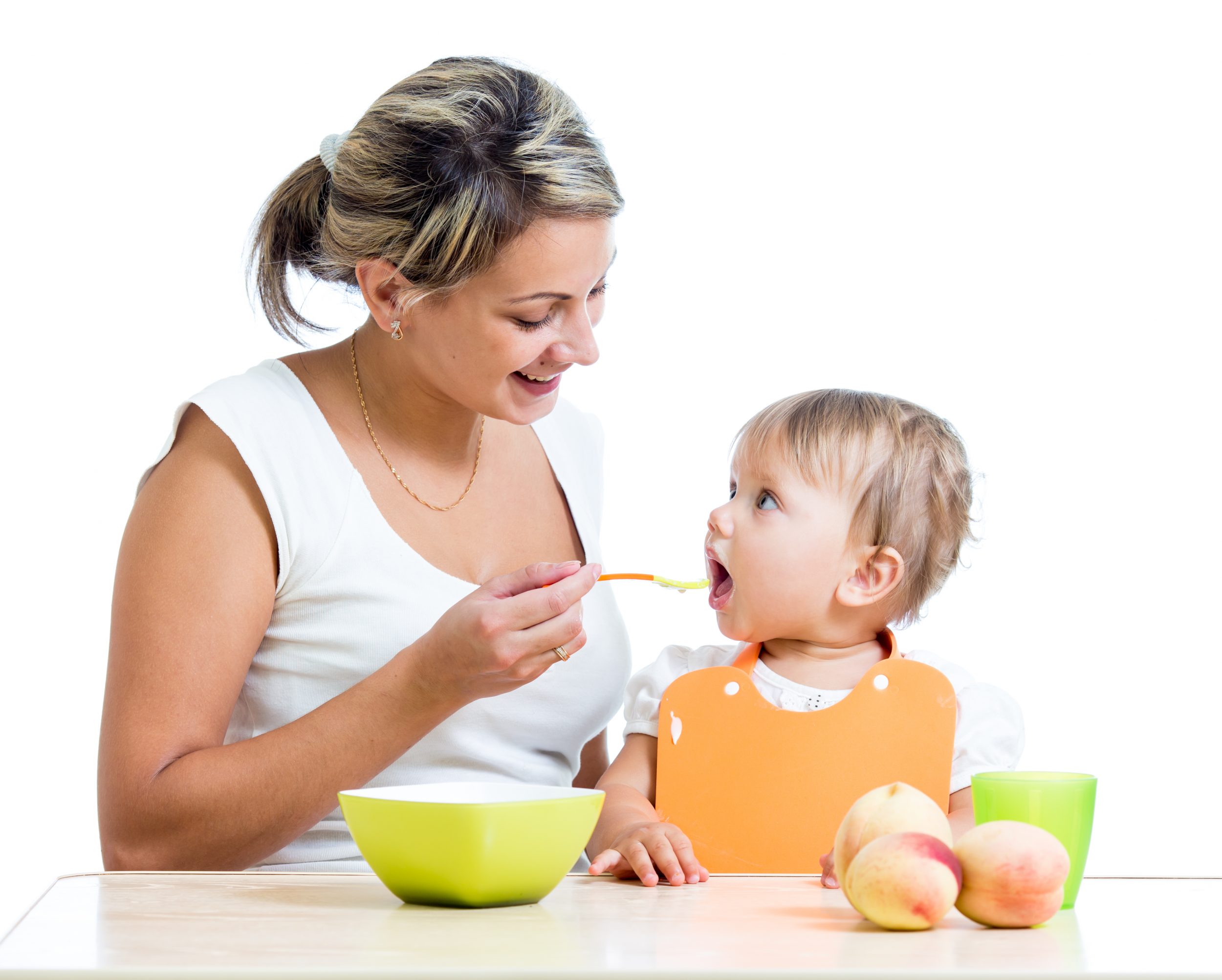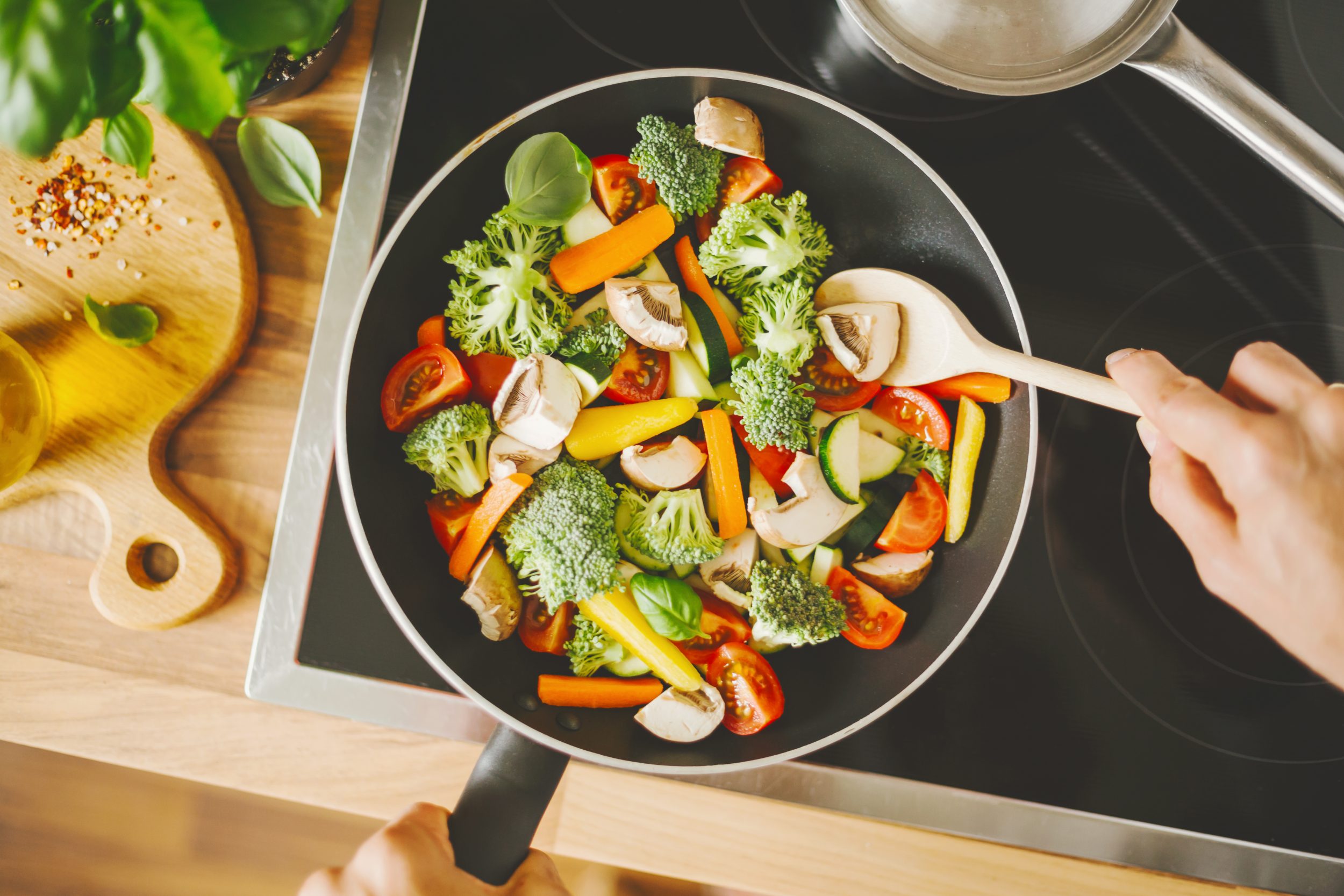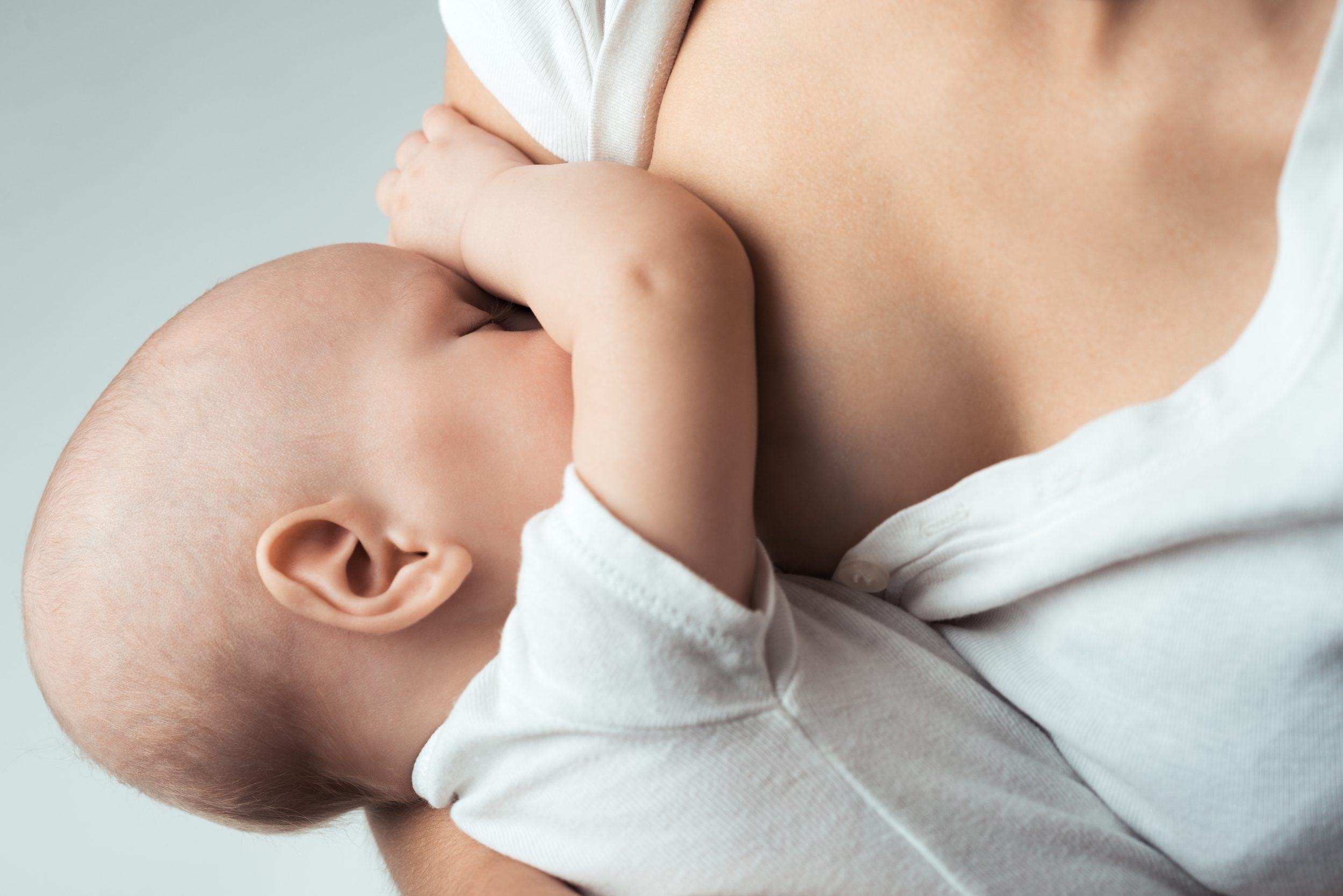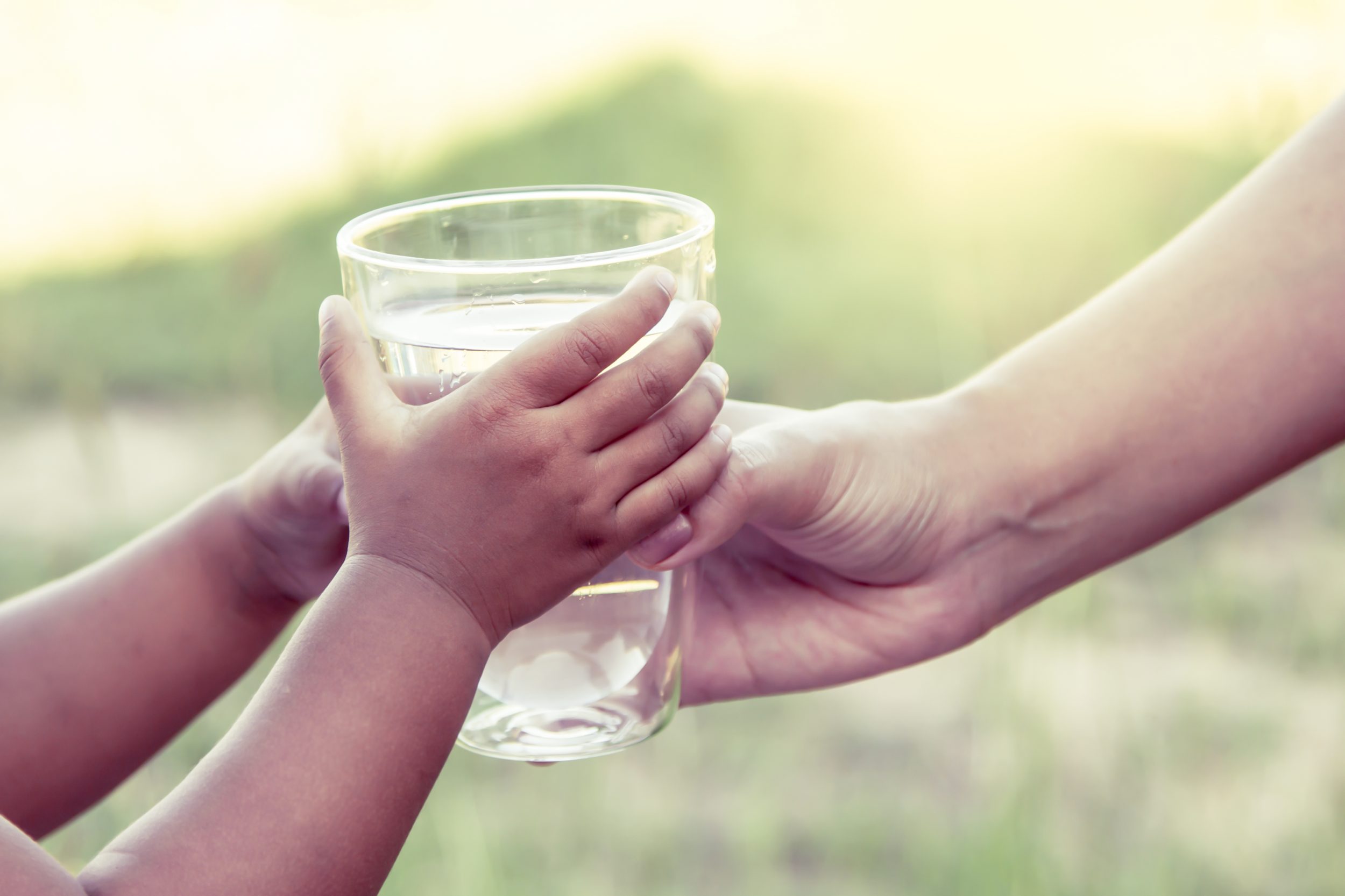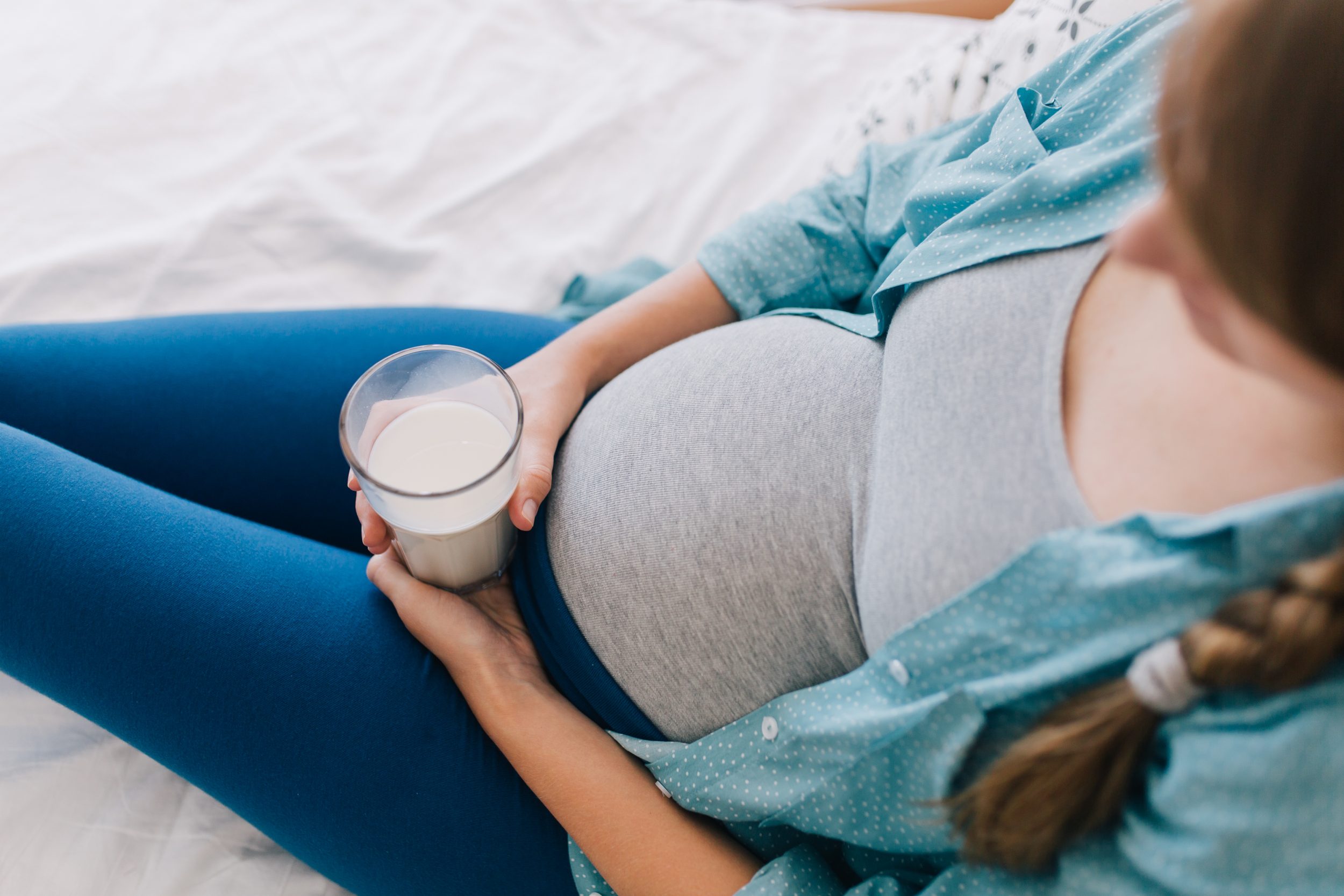
The food pyramid gives recommendations on what pregnant women and breastfeeding mothers should eat. These recommendations are based on the Austrian food pyramid for pregnant women and breastfeeding mothers.
What is the food pyramid for pregnant women and breastfeeding mothers? für Schwangere und stillende Mütter?
In the food pyramid, you will find 6 different groups of foods and 1 group of drinks. The pyramid is wide at the bottom and narrow at the top. You should eat a lot of the foods from the pyramid’s bottom. You should only eat a little of the foods from the pyramid’s top.
A varied diet with many different foods is very important for the mother and the child. This applies both during pregnancy and while breastfeeding. When mothers breastfeed, they provide the baby with nutrients through breast milk. Therefore, the mother must eat the right foods to take in these nutrients.
What the mother eats while breastfeeding can influence what the child likes to eat later on. The flavour of breast milk changes depending on what the mother eats and drinks.
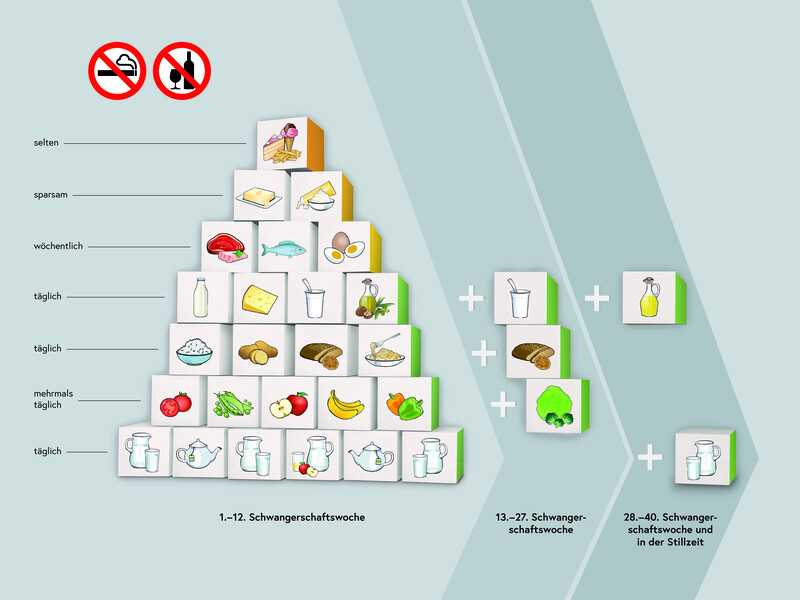
Drinks
At the bottom of the pyramid, there are drinks. Pregnant and breastfeeding mothers need to make sure to drink enough. During pregnancy, you should drink at least 1.5 litres throughout the day, and even more when breastfeeding. The best drinks are: water, sparkling water, unsweetened fruit teas, and fruit and vegetable juices without added sugar mixed with a lot of water.
Tip for breastfeeding mothers:Always have a drink ready while breastfeeding, preferably water or a fruit tea. The same goes for breastfeeding during the night.
Vegetables, pulses, and fruit
Fruit, vegetables, and pulses like lentils and beans contain many vitamins, minerals, and healthy substances. Pregnant women and breastfeeding mothers should eat them several times a day. Use your hand to measure 1 serving.
- 1 fist of cooked vegetables:200 to 300 grams
- 1 fist of of raw vegetables: 100 to 200 grams
- 1 fist of salad: 75 to 100 grams
- 1 fist of of pulses like lentils, beans, and peas:
- cooked: about 150 to 200 grams
- raw: about 70 to 100 grams
- 1 fist of fruits: 125 to 150 grams
- 1 glass of vegetable juice or fruit juice:: 200 millilitres
Pregnant women:
At least 5 servings per day: 3 servings of vegetables or pulses and 2 servings of fruit.
From the 13th week of pregnancy on and when breastfeeding:
In addition, 1 serving of vegetables or pulses and 1 serving of fruit.
Pulses such as peas and lentils contain a lot of fibre, iron, and high-quality protein. Pregnant women and breastfeeding mothers should eat them regularly.
Tip:: Pregnant and breastfeeding mothers need lots of vitamins and minerals. Therefore, eat many different types of vegetables, pulses, and fruits!
Cereals and potatoes
Cereals, bread, pasta, rice, and potatoes are also very important for a healthy diet. Pregnant women should eat 4 servings per day before the 13th week of pregnancy. Use your hand to measure 1 serving.
- 1 palm of bread or wholemeal bread:50 to 70 grams
- 1 palm of bread roll, for example a roll or a Kornspitz: 50 to 70 grams
- 2 fists of pasta:like pasta or Spaetzle
- cooked: 200 to 250 grams
- raw: 65 to 80 grams
- 2 fists of rice or cereals:
- cooked: 150 to 180 grams
- raw: 50 to 60 grams
- 3 to 4 medium-sized potatoesboiled 200 to 250 grams
Pregnant women:
4 servings a day
From the 13th week of pregnancy on and when breastfeeding:
5 servings of cereals and potatoes. Eat mainly wholemeal products. The important vitamins, minerals and fibre are found in the grain’s husk.
Tip:: Foods with a lot of fibre can prevent constipation during pregnancy. Fibre is found in wholemeal products, vegetables, pulses, and fruit, for example. Pregnant and breastfeeding mothers should eat enough of these foods and drink plenty of water.
Milk and dairy products
Milk and dairy products such as yoghurt and cheese contain calcium and protein. This is why pregnant women and breastfeeding mothers should eat them several times a day.
- 1 glass of milk: 200 millilitres
- 1 bowl of yoghurt: 180 to 250 grams
- 1 fist of curd cheese: 200 grams
- 1 fist of cottage cheese:: 200 grams
- 2 thin slices of cheeseabout the size of the palm of your hand: 50 to 60 grams
Pregnant women:
At least 3 servings of milk and dairy products per day
From the 13th week of pregnancy on and when breastfeeding:
An additional 1 serving of milk and dairy products per day.
If you do not want to add a serving of milk, you can also eat 1 extra serving of fish, lean meat, or egg per week.
Fish, meat and eggs
Pregnant and breastfeeding mothers need more protein. Protein is found in dairy products and pulses. It is also found in fish, meat, and eggs.
Fish also contains vitamins and minerals such as vitamin D and iodine. Omega-3 fatty acids are important for your baby's eyes, brain, and nervous system. Omega-3 fatty acids are found in sea fish with a lot of fat such as salmon or herring and in domestic fish such as char or trout. Fish can also protect against allergies. You should therefore eat fish regularly.
It is best to eat 1 to 2 servings of fish per week. 1 serving is about 150 grams. That is about the size of the palm of your hand and as thick as a finger.
Be careful! If you do not want to eat sea fish, eat a tablespoon of rapeseed oil a day. For example in a salad. You can also use rapeseed oil when preparing hot meals.
Meat also contains vitamins and minerals, for example vitamin B1, vitamin B12, iron and zinc. But meat also contains saturated fatty acids and cholesterol. That is why you should only eat a little sausage and meat. Eat lean meat and lean sausage. Use very little fat when cooking. If you use non-stick pans, you only need little fat.
Eat a maximum of 3 servings of lean meat or lean sausage per week. That's about 300 to 450 grams per week.
You can eat up to 3 eggs per week.
Fats and oils
Pregnant and breastfeeding mothers should eat 1 to 2 tablespoons of vegetable oils or seeds every day. They contain important fatty acids. From the 28th week of pregnancy on and when breastfeeding, eat an extra tablespoon of vegetable oil. You can also eat nuts or seeds instead of oil.
Good oils are for example:
- Rapeseed oil
- Olive oil
- Walnut oil
- Soyabean oil
- Linseed oil
- Sesame oil
- Grape seed oil
Eat less spreadable fats, baking fats and frying fats. These are, for example, in butter, margarine, or lard. Also, eat few fatty dairy products such as whipped cream or sour cream.
Fatty, sweet, and savoury snacks
Your child should only eat small amounts of foods that contain a lot of fat, sugar or salt. It is best for your child to not eat such foods every day. They should only have 1 small serving at most. This applies to sweets, pastries, fatty, sweet or salty snacks, and sugary drinks. For example, soft drinks and fruit nectar.
Tip:Pregnant women should eat fewer pastries and sweets so that they do not gain too much weight. Instead, try yoghurt or curd cream with fruit, fruit salad or flan made from low-fat milk.
Meals
Both mother and child need vitamins, minerals, and energy throughout the day. Pregnant women and breastfeeding mothers should therefore eat about 5 meals per day:
- 3 main meals: breakfast, lunch, and dinner.
- 2 small snacks. For example, vegetables or fruit, natural yoghurt with fruit or a small muesli.

